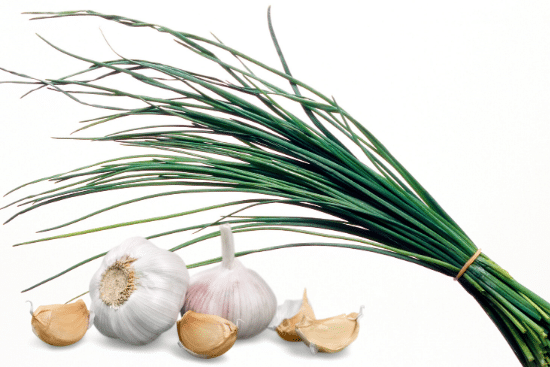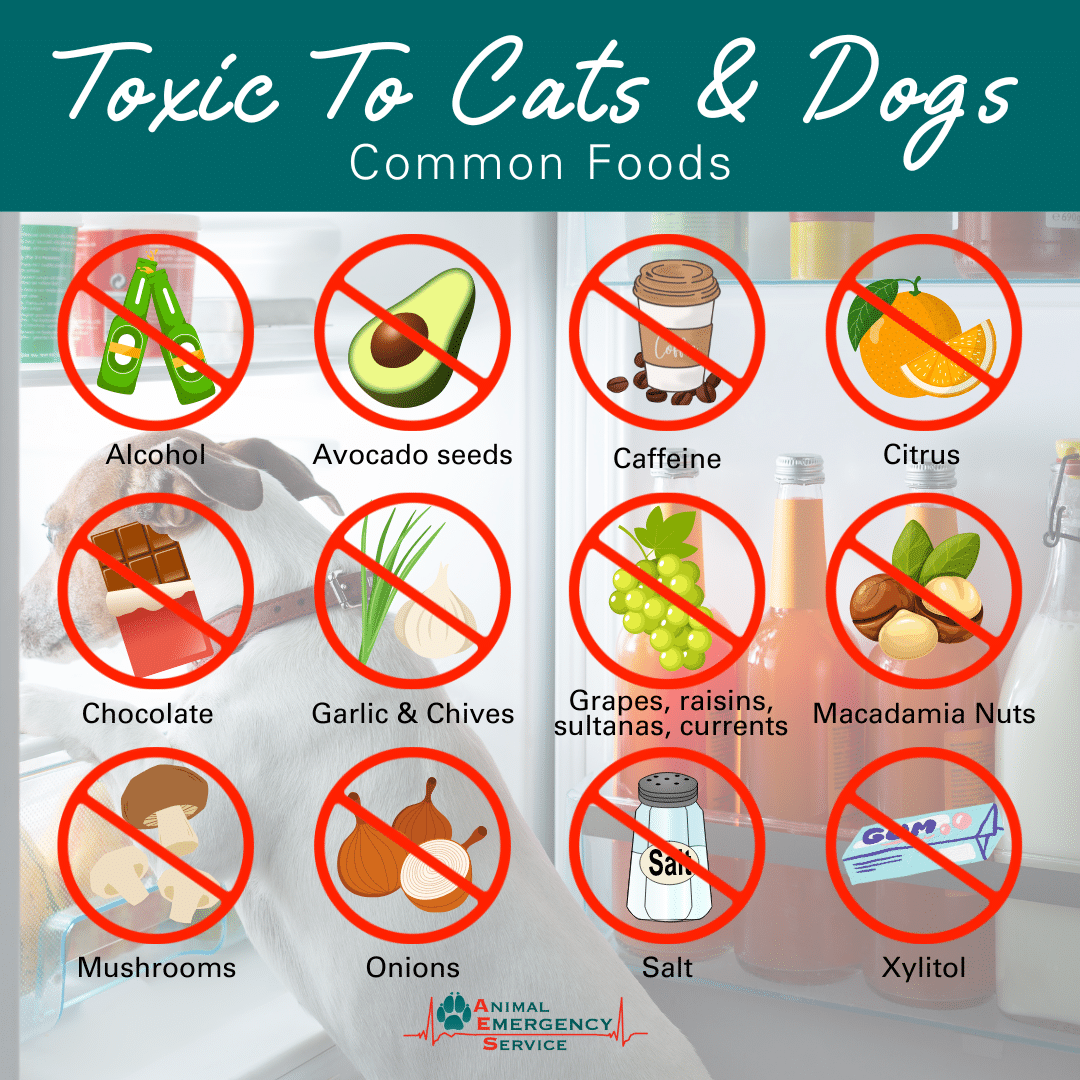
Any pet parent knows the struggle of saying no when our pets beg for food while we are trying to eat. While resisting giving our fur babies treats from our dinner plates is hard it is the right thing to do. Not only do our pets have different nutritional needs from us, but many human foods are toxic to them. We’ve put together a short list of toxic foods for dogs and cats, as well as the signs and symptoms if they are ingested.
A-Z of toxic foods for dogs and cats
Below is an overview of toxic foods for dogs and cats. This isn’t a full list, and it’s always best to avoid feeding your furry friend human foods. If your pet does eat something and you are unsure of whether it could be harmful, call your vet immediately.
A
Alcohol

Avocado
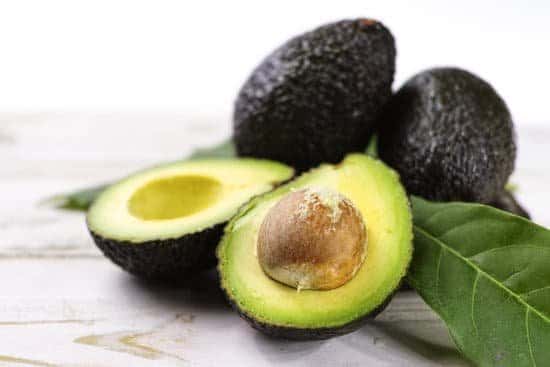
C
Caffeine

Citrus

Chocolate

G
Garlic and Chives
While garlic and chives ingested in small amounts shouldn’t cause any problems. If ingested in large quantities they can cause gastrointestinal irritation and red blood cell damage.
Grapes, Raisins, Sultanas and Currants
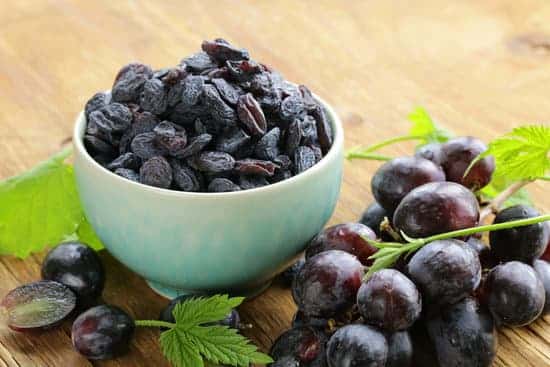
M
Macadamia Nuts
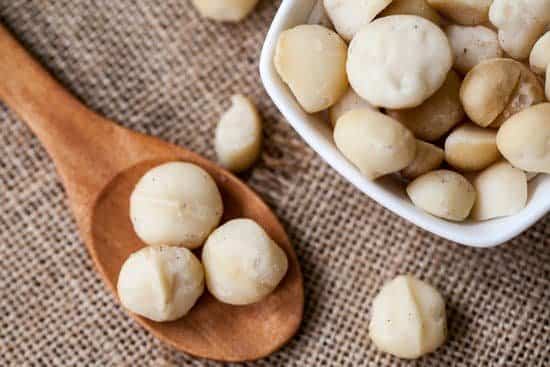
Milk and Milk-based Products

O
Onion

S
Salt

Stone Fruit
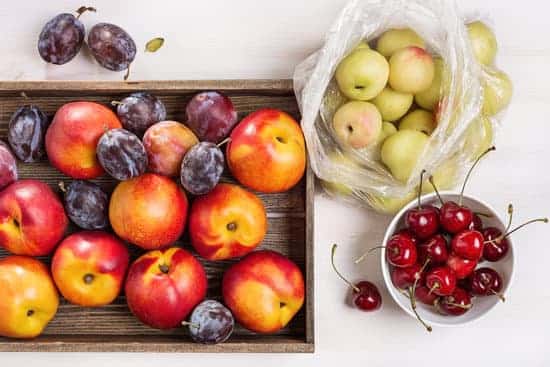
X
Xylitol

Y
Yeast Dough
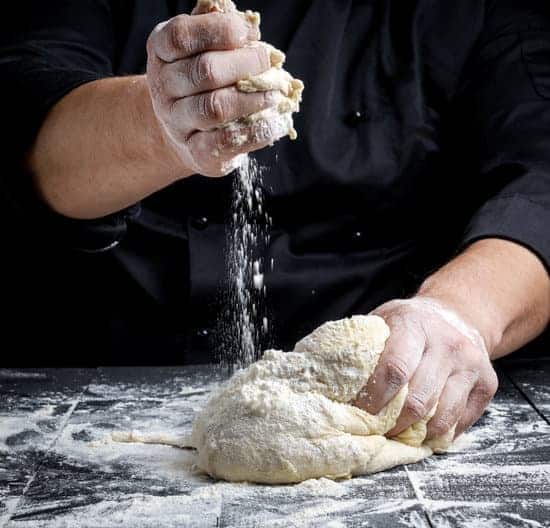
If you suspect your pet has eaten something they shouldn’t, contact your closest Animal Emergency Service hospital or your local vet.
For more information about what is toxic to pets, visit our Pets and Poisons Guide.

